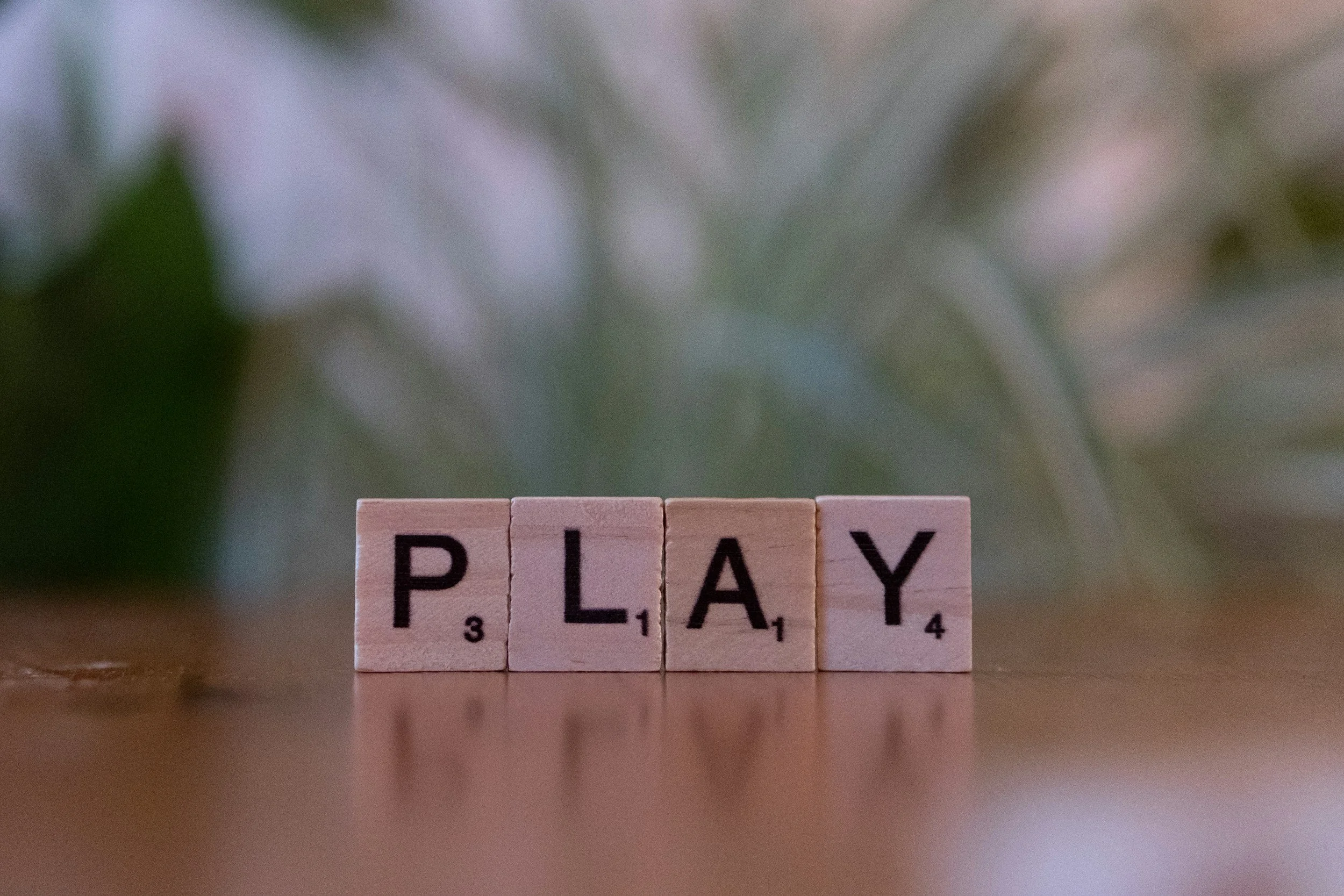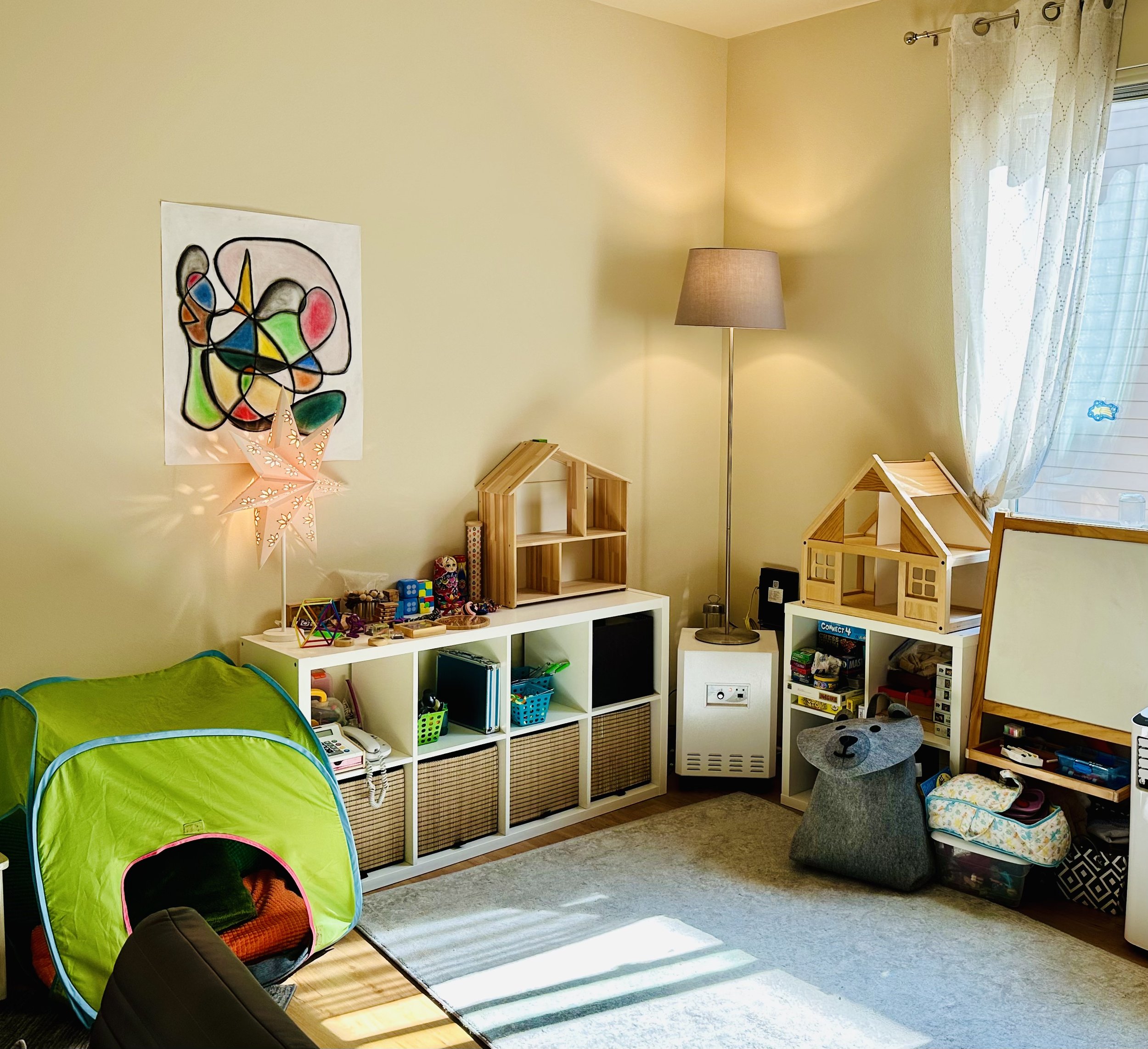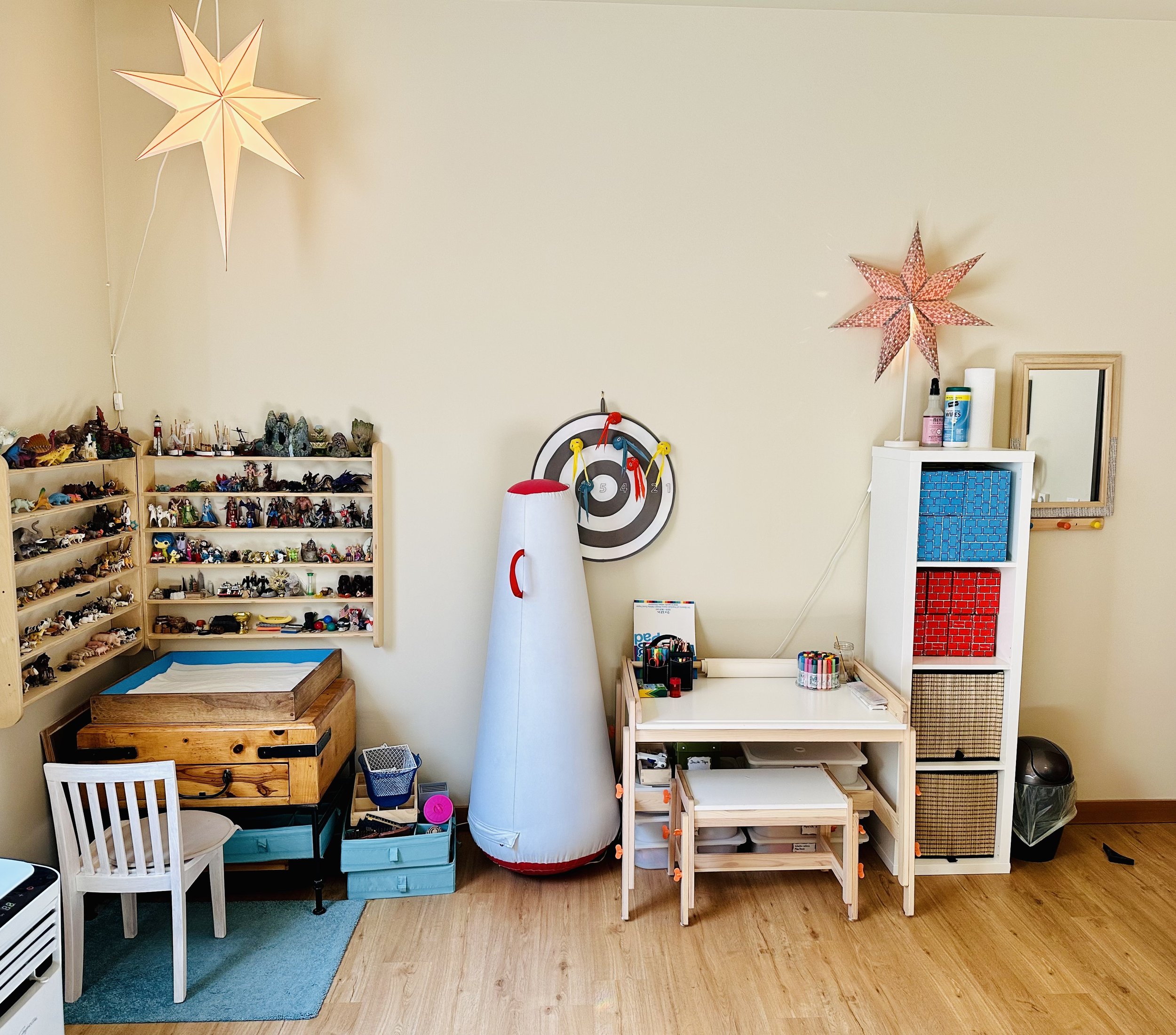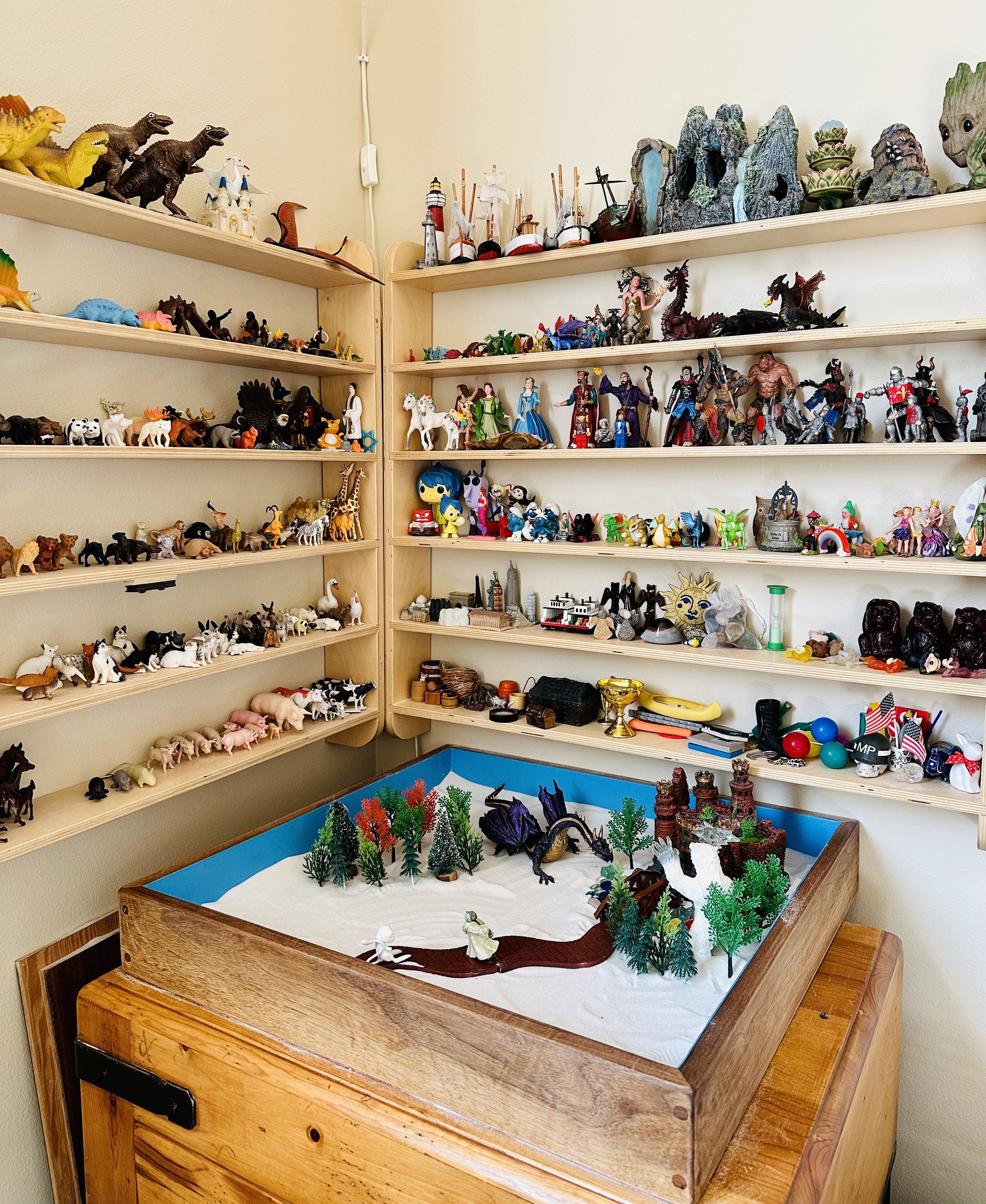
PLAY THERAPY
*
PLAY THERAPY *
In Ballard Seattle
Play Therapy at
Integrated HeartMind Solutions
Where Play Becomes a Child’s Path of Healing
When Your Child Is Struggling
It’s never easy to watch your child go through a difficult time. Maybe they’re experiencing big emotions, frequent meltdowns, or trouble focusing. Perhaps they seem anxious, withdrawn, or moody—often feeling sad or lacking confidence. Some children have trouble sleeping, resist separation, or find themselves in frequent conflicts with siblings or friends.
As a parent, it’s natural to feel worried, overwhelmed, or even unsure about how to best support them. You’re not alone—and with the right support, children can learn to manage challenges, build resilience, and thrive.

At Integrated HeartMind Solutions, we recognize that therapy with children looks different than therapy with adults. Children often express themselves most freely through play. In Play Therapy, toys become their words, and play becomes their language—opening a natural pathway for self-expression, healing, and growth.
Why Play Therapy Works
Research consistently shows that Play Therapy is a highly effective, evidence-based approach for children
(Click on link below to watch video)
The Play Room at Integrated HeartMind Solutions
Exploring
Think of the therapeutic playroom as a sacred place to work through and explore painful fears, anxieties and inadequacies.
Expressing
Play allows children to distance themselves from difficult feelings and memories through symbolic expression, while using the toys as the medium to freely express these feelings.
Experiencing
During this special play time, children learn to solve problems and learn to change their negative behaviors while creating meaning and organizing their experiences to make sense of the world around them.
Our Commitment
The world can feel overwhelming and confusing for a child. At Integrated HeartMind Solutions, our goal is to provide a safe, compassionate space where children feel understood, supported, and empowered. Through Play Therapy, we nurture both heart and mind—helping children and families move toward healing, balance, and resilience.





